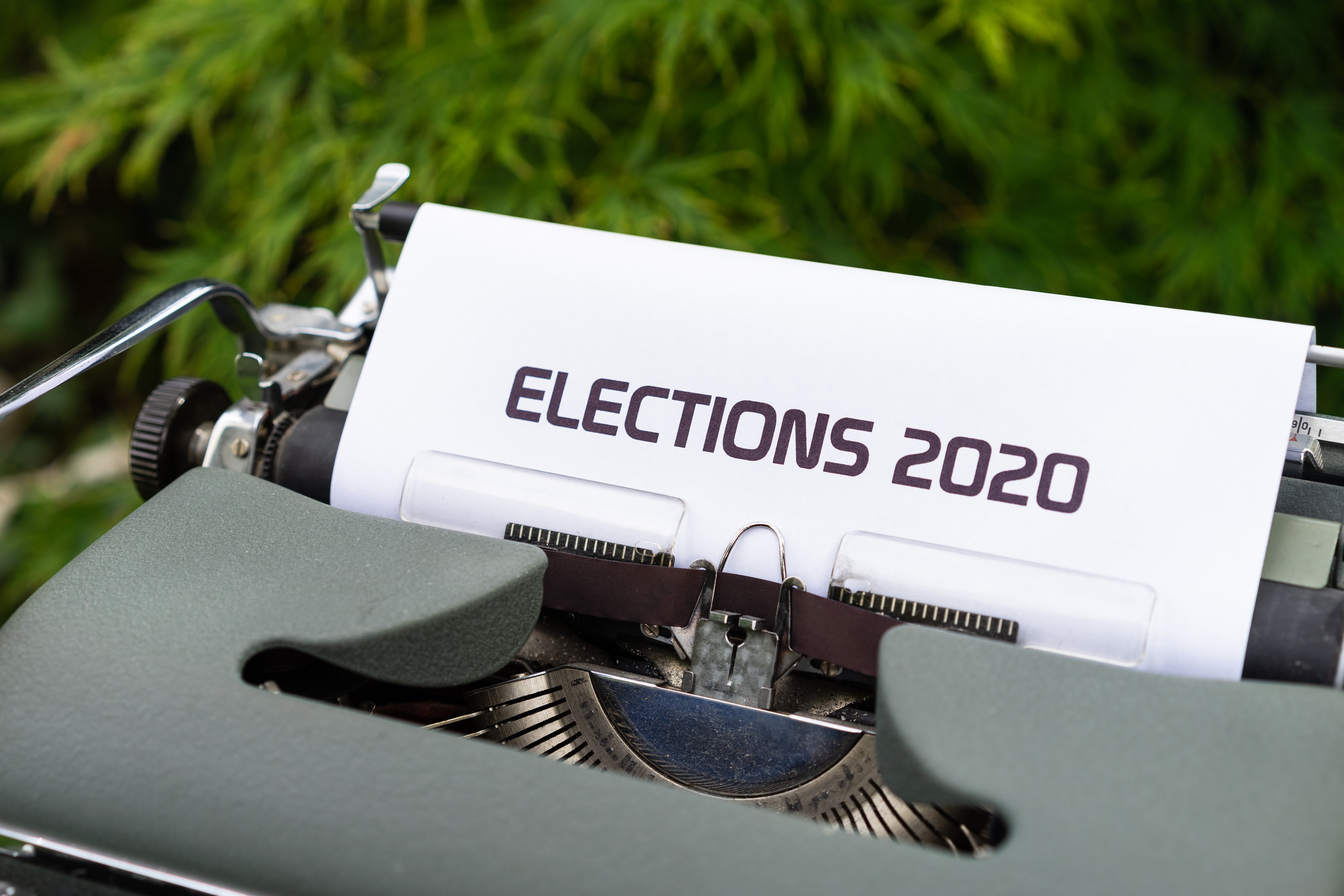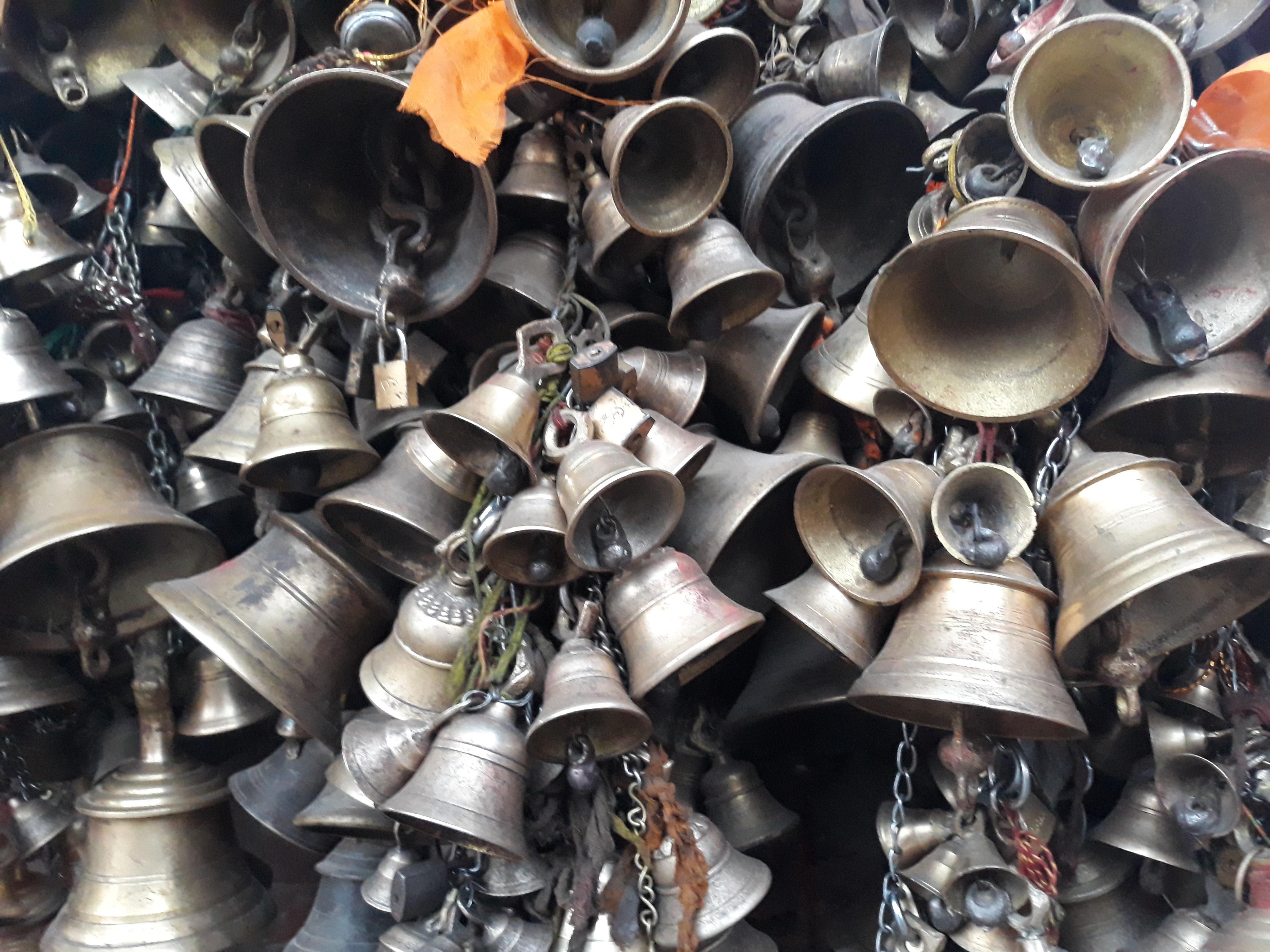Tips for Election Anxiety
Hi y’all. It’s Dana here, your friendly local therapist with some unsolicited thoughts about getting through this upcoming election in one piece.
Probably by now you’ve received a hundred texts, phone calls, emails,and social media notifications letting you know about the election on November 3 and asking you in increasingly desperate pleas to PLEASE PLEASE VOTE. Lots is being written about making a plan for voting: requesting absentee ballots and returning them and confirming they’ve been received by your local election office OR voting in person and preparing for long lines, tech snafus and possible voter suppression.
But there’s another sort of election planning that needs to happen that we also can’t neglect. This planning is more personal, and in some ways more challenging. After all, how do you brace yourself for the uncertainty of a hugely important election, especially given that results will likely not be known for days if not weeks?
Y’all, it’s time to prepare yourself internally and internally for what’s to come. I’m hearing from friends, family members and clients about spikes in anxiety, a heightened awareness of uncertainty, and a general sense of being out of control.
So, in hopes that this can be useful, here are some tips and strategies for the coming weeks:
- Do what you can to remember the big picture – the scope of history and space. Even though this moment feels big and impossible it is, in the grand scheme of things, this is just a moment. This may be a good time to watch a documentary about space or nature. It may be useful to print out a photo of the world’s oldest living tree or Stonehenge as a reminder that now is not forever.
- It’s time to create a bit more structure and ritual in your day. A friend of mine is now spending 20 minutes first thing in the morning outside walking, followed by 5 minutes of stretching and 5 minutes of guided meditation. I’ve been trying to end each day with a hot bath and an unrealistic mystery novel. For other people, useful ritual might mean a daily habit of morning pages, a daily text check-in with a good friend, or having a mini mid-day dance party.
- Get on a regular sleep schedule if possible. “Sleep hygiene” is the ultimate unsexy phrase. But there’s something to it. The more regular structure we create in the hour or two before sleep – and the more consistent we are about what time we get in bed – the better chance we’ll have of a good night’s sleep. (Pre-bed ideas: reading, letter writing, stretching, listening to music, connecting with a friend, hot bath or shower, or a small snack. Not so helpful for sleep: social media or news.)
- Replace doom scrolling with something less crazy-making (such as stretching, audiobooks, online games, etc.) The negative consequences of compulsively scrolling the news or social media have been well documented. In Jenny Odell’s book, How to Do Nothing, she names that this can be quite challenging – especially at first, and especially when so much is happening around us. She writes, “To pay attention to one thing is to resist paying attention to other things; it means constantly denying and thwarting provocations outside the sphere of one’s attention.” It’s time to consider unplugging, at least a little bit.
- Figure out what’s within your control and what’s not. Focus on what’s in your control. What can give you a sense of purpose? If you’re anxious, how do you want to use that nervous energy? It’s unlikely that more information won’t make you feel any more settled. Instead, focus on what’s before you. If the election is important to you, can you write letters, make donations, call friends, post information in your community, or volunteer in another way? Other things that are in your control: how much attention you give the daily media rollercoaster, what you do to relax and unwind (and unplug!), and how you match your actions to your values. Research shows people feel better when helping others, so it may be time to do something for others. Bake brownies for a neighbor. Write and send love notes to your friends. You get the idea.
- Allow yourself some comfort. With heightened anxiety comes an understandable need for heightened comfort and soothing. Now is the time to start thinking about what provides you comfort and what might be soothing in the days leading up to the election. Some ideas: comfort foods, cans of soup or frozen pot pies, aromatherapy, nightly hot showers or baths, journaling, movies or TV or books that are soothing and easy. Time outside weeding or walking. Time with pets. Time with hobbies.
- Connect with your people. Social isolation makes everything harder, and being connected to one another usually makes everything easier. If you’ve been out of touch with important friends or family members, it’s time reach out or set up a phone date.
- Work to have realistic expectations of ourselves and others during this wild time. Anxiety does not make us do our best work (or best parenting) and we are going to be distracted in relationships and work. Please, give yourself a break. If you give yourself a break it will be easier to give others around you a break as well.
- Finally, make a plan for how you want to spend election day and plan something to look forward to after November 3rd. If there’s a chance that anxiety will spike on election day itself, how can you prepare to meet that anxiety? Would it be helpful to keep busy, or to plan to have a quiet day? Is there a meal or a phone call that you could look forward to? Is it possible to plan for a hike or special outing the weekend after? If so, do it!








